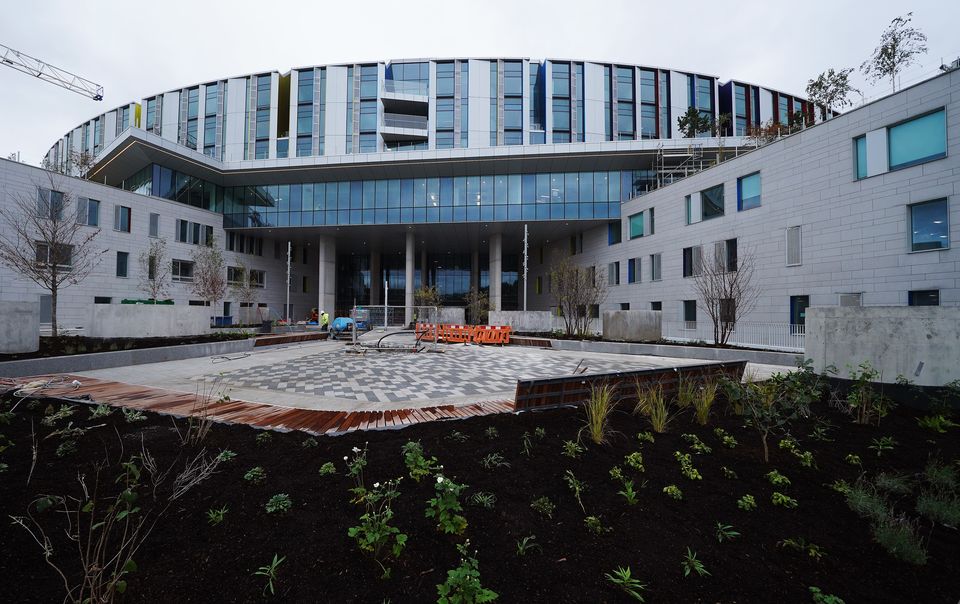The minister for health has said a spike in the number of patients on trolleys over the February bank holiday weekend is “cause for concern”.
Jennifer Carroll MacNeill brought a memo to Cabinet on Tuesday about urgent and emergency care in February.
She said that there were two problems that caused the spike – a lack of bed capacity and what she said were trends of spikes in trolley numbers after weekends.
The number of patients waiting on trolleys after the St Brigid’s Day bank holiday rose from 253 on Saturday morning to more than 617 on Tuesday morning, according to the Department of Health.
During the three-day period, 2,560 patients were admitted and 1,535 patients were discharged.
Ms Carroll MacNeill said there was not a major difference in hospital activity between Saturday, Sunday and Monday.
“I would have expected a full complement of consultants working on Saturday, and then obviously for it to fall off on Sunday and bank holiday Monday, and that wasn’t apparent to me,” she told RTE’s Morning Ireland.
“So it does raise a very significant question that I have to shine a light on, that I have to bring to Cabinet, and that I have to get better data on, to be able to show what is happening hospital by hospital.”
She added: “The data that I obtained in response to that weekend, that very significant spike over the bank holiday weekend, has given me pause, has given me cause for concern.”
Health minister Jennifer Carroll MacNeill (PA)
She said she had asked HSE chief executive Bernard Gloster to do a “deeper dive” on consultant rosters and “maximising” the public consultant contract and to report back in two weeks.
She said that Waterford, Mullingar and Connolly hospitals do not have a problem with patients waiting on trolleys and “take a whole-of-hospital responsibility”, but there is “far too much inconsistency among the other hospitals”.
Trolley numbers were 15% higher in January compared with the same month in 2024.
She said the National Children’s Hospital will be built by June 2025 and operational by the spring of 2026.
“I think it would be 2026 and I think that for the following reasons: one, we are going to get the hospital from (developer) BAM – which is just the building – at the end of June 2025.
“This has always been the case that there would be a six-to-nine-month commissioning phase.
The new National Children’s Hospital in Dublin is expected to be operational next year (PA)
“So that means being putting in the surgical equipment, putting in the beds, putting in the laboratories, training the 4,000 staff from three different hospitals.
“That work has already begun off site, but the onsite piece of that – and training in a new digital healthcare system – so that is between six and nine months.”
When asked about multimillion-euro construction claims submitted by BAM, Ms Carroll MacNeill said she expected the final cost to be “close to” the 2.24 billion euro approved for the project.
“Just because BAM have put in claims, it doesn’t mean that they’ve gotten the money,” she said.
“But the reality is of 853 million euros sought, 48 million has been given.”
Ms Carroll MacNeill also said that a plan to reduce the cost of hormone replacement therapy (HRT), which the government has committed to making free, does not cover the dispensing fee charged by pharmacies.
“The Government set aside 20 million euros to pay the cost of the medication, but not beyond that.
“Now I do want to see this resolved. I have already had a very good meeting with the Irish Pharmaceutical Union and I would very much like to see this resolved.
“They’re going to come back to me with proposals about how we might take this forward.”

